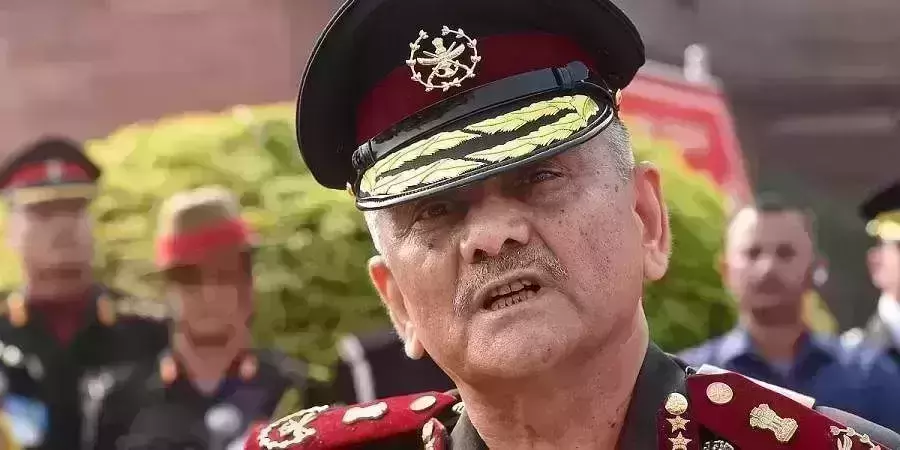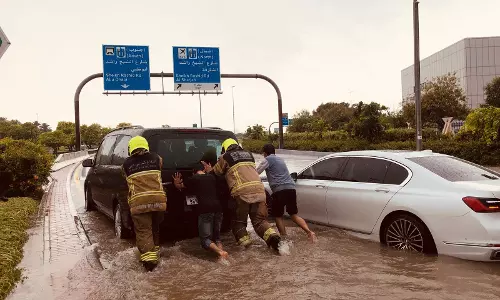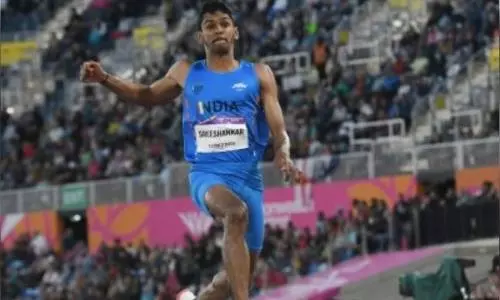
A message of unity from Maharashtra
text_fieldsThe resolution passed unanimously by Maharashtra government demanding caste-based census to identify other backward classes, is note-worthy in current circumstances. This demand initiated by the Uddhav Thackeray government comes in the light of the complication of the whole subject by the BJP government's mixing up of the routine population survey with the National Register of Citiens (NCR). The motion moved by speaker Nana Patole himself states that this is essential in order to ensure backward classes enjoying the benefits of development.
Devendra Fadnavis, the opposition leader in the house, said that despite passage of decades since the introduction of reservation, there are several scheduled caste/tribe sections who have not been benefited by reservation and do not have adequate representation in parliament or state assemblies. He said this while supporting the resolution and emphasised that for a solution of the problem relevant data in caste-based census are crucial. Although there is a criticism about the resolution that this is only a gimmick to ensure the support of Maratha communities' clamour for backward reservation, , it is sure to become a historic event if such a census becomes instrumental in bringing to light the representation in power of all communities.
In independent India, it was after prolonged strikes and agitations by Dalit and backward classes that an economic and social census was conducted in 2011. And the last such survey before that was made during British rule in 1931. In India where caste is a most crucial factor, it took 80 years to examine the the socio-economic status of citizens - which speaks enough for the deep-rooted high caste hegemony in our administrative machinery. The interesting point is that in public all are in favour of socio-econmi cenus. Generally neither ruling parties nor Opposition oppose caste-based census.
However, when it comes to brasstacks, as in the sabotage of reservation, the survey and share in development will go overturned. The Centre did not give any consideration to the recommendation in the survey that an expert committee should be appointed under NITI Ayog to give due share of benefits fom development to the deserving sections and to ensure participation in power. The first Modi government was not prepared to appoint such an expert committee. The current central government, which showed zeal in including the new census in the NRC, cleverly kept out collection of socio-economic data from the list of data to be collected. The question of Lalu Prasad Yadav, former Bihar chief miniser now in jail why the Centre is reluctant to gather new social and caste data related to OBC and EBC, becomes relevant in this context.
The country witnesses from time to time bloody deonstrations by communities to get a place in the list of backward castes and to get reservation in jobs and education. But in order to ensure proportionate representation in power and resources, it is important to make a survey of social status - as much as it is vital to have population data - at fixed intervals. For that to happen, data about backward communities alone will not suffice; particulars about forward castes in terms of their share of power and public resources will have to be collected as well. Only then will the dominance of upper castes in public assets be revealed. And that will also be required to understand the stagnation in development and the unscientific nature of resource distribution with the role played by 'caste' behind it.
Full details of the social survey submitted in 2015 are not officially available in public domain even now. If allegations and lies about appeasement in power and community discrimination are to be eliminated, objective data should be released. But what Modi government seeks is not to gather full data about all caste-communities - both high and low - and relase them, but only to identify the status of those who enjoyed reservation and their current social status and thus to revisit their percentage of reservation. At the same time, caste/community data of the census that is gathering dust in ministries of home affairs and urban/rural development, are being assiduously used for BJP's electoral strategy.
All political parties and courts support the concept of creamy layer among backward sections and quotas for the poor among forward classes which thus advances the case for economic reservation. Given this context, it is imperative to release a full report about the socio-economic status of religious communities. The data of the 2011 survey did not bring any relief for backward communities socially or politically. With due vigilance not to repeat that mistake, a collective call has to arise from social movements for cancelling the NRC and to conduct a population census together with a socio-economic survey.























